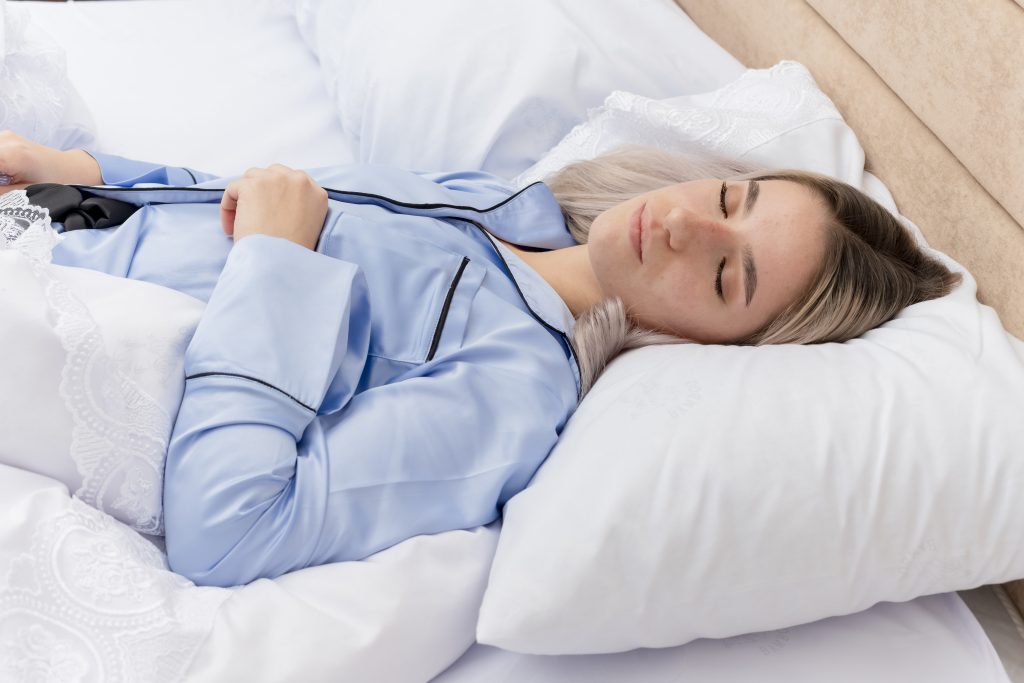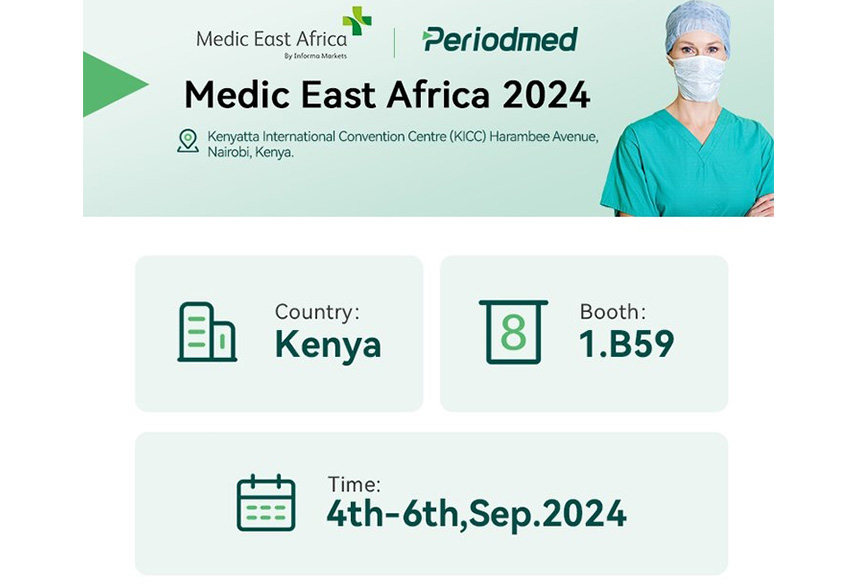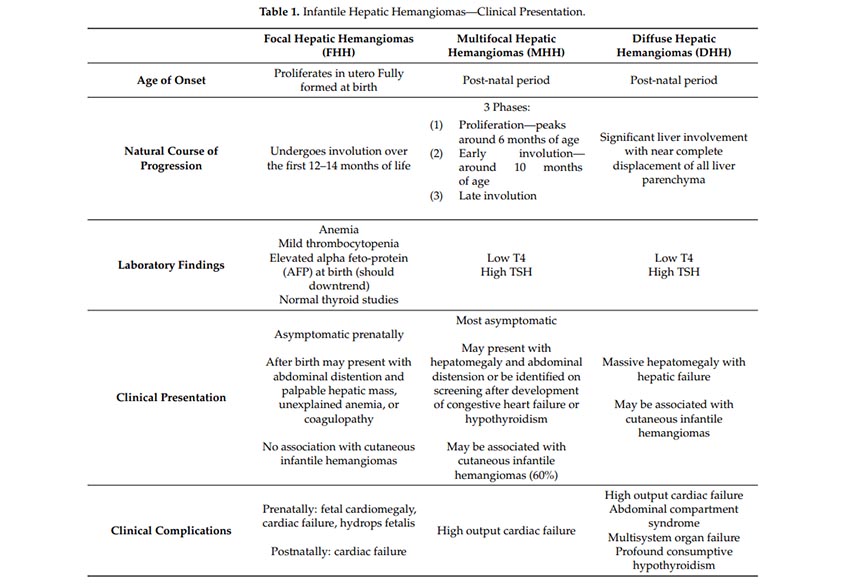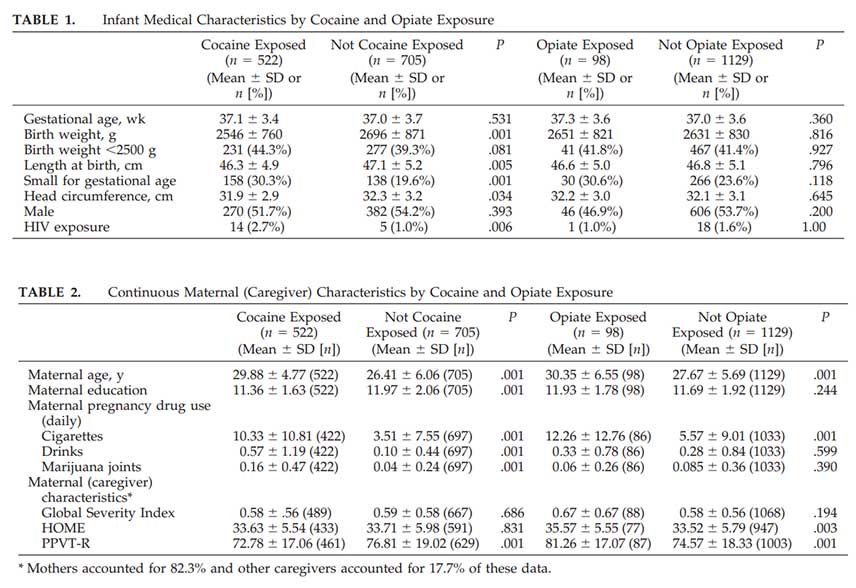Can pulse oximetry detect sleep apnea? A Comprehensive Guide

In recent years, sleep apnea has become a serious health problem affecting millions of people worldwide. Characterized by repeated interruptions in breathing during sleep, this condition is often undiagnosed, leading to serious complications such as cardiovascular disease, daytime fatigue, and cognitive decline. While polysomnography (a sleep study) remains the gold standard for diagnosis, many are now asking: can pulse oximetry detect sleep apnea?
This article explores the role of pulse oximeters in recognizing sleep apnea symptoms, their limitations, and how they fit into modern home health monitoring. We'll also delve into actionable tips for optimizing sleep health and improving SEO for websites targeting sleep apnea and health audiences.
Understanding Sleep Apnea: Types and Symptoms
Before we analyze pulse oximetry, let's clarify what sleep apnea means. There are three main types:
1. Obstructive sleep apnea (OSA): the most common form, caused by the muscles of the throat relaxing and blocking the airway.
2. central sleep apnea (CSA): occurs when the brain fails to send the correct signals to the breathing muscles.
3. Complex Sleep Apnea Syndrome (CSAS): a combination of OSA and CSA.
Common symptoms include:
- Loud snoring
- Gasping or choking during sleep
- Morning headaches
- Excessive daytime sleepiness
- Difficulty concentrating
If left untreated, sleep apnea can increase the risk of high blood pressure, stroke and diabetes. Early detection is critical - but how can pulse oximetry help?
How pulse oximetry works
Oxygen saturation and heart rate
A pulse oximeter is a non-invasive device that clips onto your finger (or earlobe) and is used to measure two key indicators:
1. SpO2 (oxygen saturation): the percentage of oxygen-bound hemoglobin in the blood.
2. pulse rate: the number of heartbeats per minute.
In a healthy person, the SpO2 level is usually between 95% and 100%. A level below 90% (hypoxemia) may indicate respiratory or cardiovascular problems. During sleep apnea episodes, the pauses in breathing reduce oxygen intake, causing SpO2 levels to drop. These fluctuations (recorded at night) may indicate the disorder.
Can pulse oximetry detect sleep apnea?
Studies have shown that pulse oximetry alone cannot definitively diagnose sleep apnea, but it can be used as a screening tool. The reasons for this are as follows:
1. Oxygen Desaturation Index (ODI)
The ODI measures the frequency of hourly decreases in SpO2 of ≥3%. A study in the Journal of Clinical Sleep Medicine found that an ODI ≥5 was strongly associated with moderate to severe OSA. However, mild cases or CSA may not trigger a significant decrease in oxygen saturation, leading to false negatives.
2. Pattern Recognition
Sleep apnea causes a periodic drop in SpO2, which then recovers as breathing resumes. Advanced pulse oximeters with trend-tracking software (e.g., Wellue O2Ring, CMS 50F) can map these patterns, highlighting potential apnea events.
3. Limitations
- Movement artifacts: Movement during sleep can skew readings.
- No airflow data: oximeters do not measure airflow cessation, a key diagnostic criterion.
- Peripheral limitations: Poor circulation or cold fingers may reduce accuracy.
Sleep Apnea Screening with Pulse Oximetry
If you suspect sleep apnea, follow these steps to effectively use pulse oximetry:
1. Choose an FDA-approved device: Select a medical-grade oximeter such as the Masimo MightySat or Nonin 3150.
2. Wear it all night: Wear the device on your index or middle finger. Avoid nail polish.
3. Analyze the data:
- Look for repeated drops in SpO2 (e.g., more than five 4% drops per hour).
- Note accompanying heart rate spikes (arousals due to dyspnea). 4. Consult a physician.
4. Consult a physician: Share data to determine if a sleep study is needed.
If you are interested in our ultrasound medical devices or want to know more information, please feel free to visit our official website or contact us through the following methods:

















 EN
EN CN
CN


